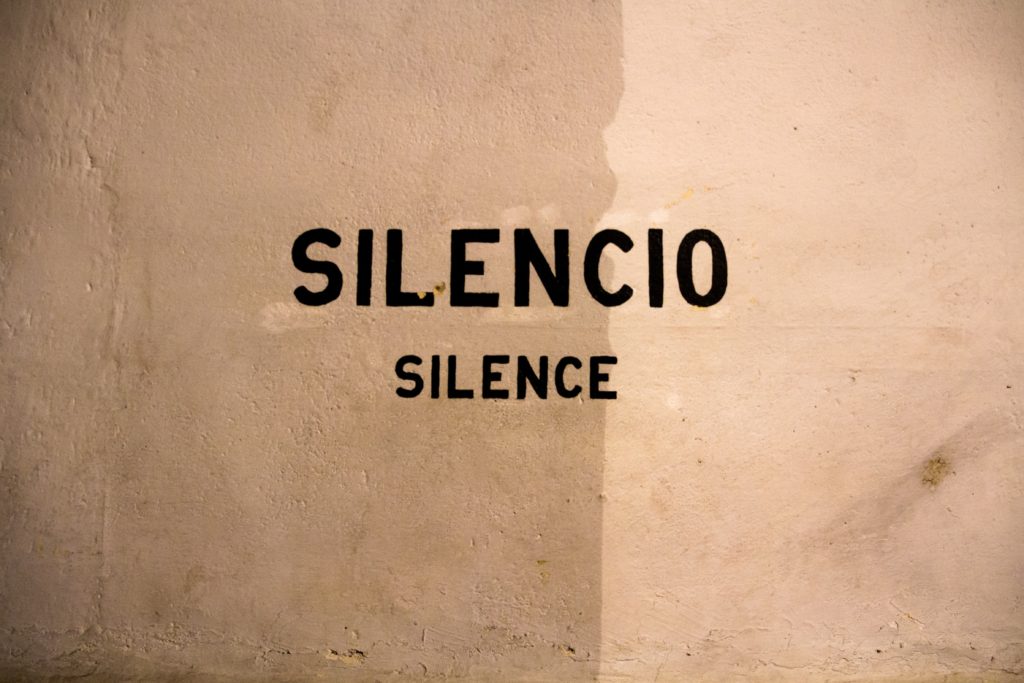‘Rape’ as a category that involves non-consensual sexual penetrative acts is acknowledged as having profound effects on victims. In French law, rape’s legal proximity to mortal violence implies that sexualised violence is equivalent to harms that result in physical injuries or death, and that unwanted sexual penetration is significantly worse than sexual contact. However, there is also evidence that unwanted sexual activity is common. Statistics on rape, together with the relatively low rates of reporting and convictions as well as judicial practices of requalifying rape as non-criminal violence, suggest a degree of normalisation of certain sexualised interactions.
Ethnographic data reveals that sexual violence produces individual ‘harms’ in settings that require specific definitions of bodies, of gender norms, of ‘normal’ sexual intercourse and of the interactions between the genitalia involved, and so on. The point is not to argue that rape in itself is a more destructive experience than other events in a person’s lives. Rather, it is to see how rape is constructed as one of the most unbearable experiences. It involves analysing not only social norms but also how acculturation to sexualised constraint works.

My project will explore the socio-cultural conditions that frame unwanted sexual acts as an experience of subjective violation. On the individual level, the aim is to see how ‘unwanted’ sexual acts become qualified as ‘violent’ and as ‘unbearable’ for victims, by referring to the other narratives that frame sexual assault narratives. My PhD addresses the question of how different groups of people define the range of unwanted sexual activities and the subjective damage it causes. How are violence and sexual acts given meaning and how do they shift from ‘unwanted’ to ‘unbearable’? In institutional contexts, sexual violence is often addressed as a health issue. How do these institutions provide individual care to victims and what are the effects of the focus on health as a way of addressing a political problem?
RESOURCES:
Adeline Moussion Research Leaflet